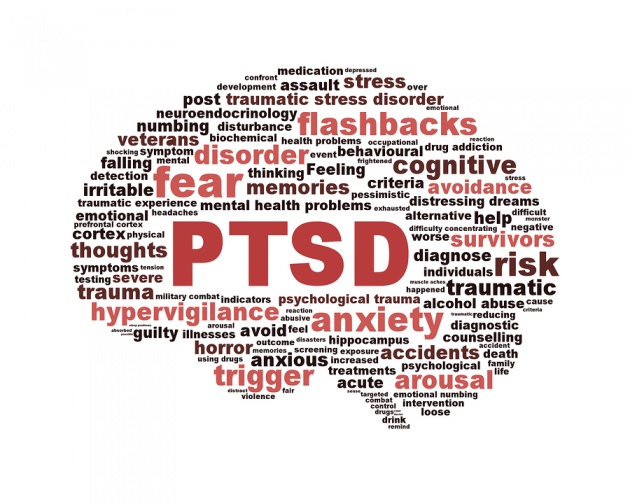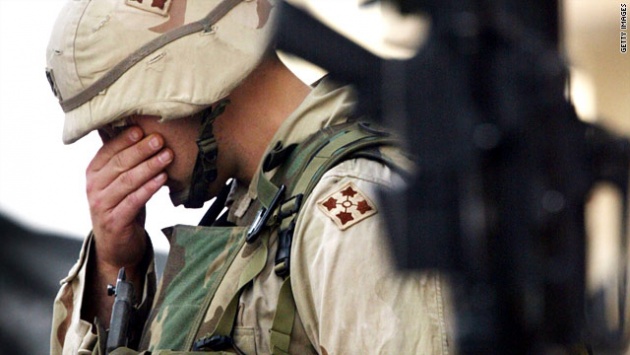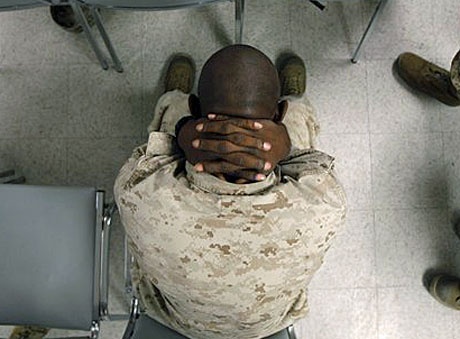Do you know someone who suffers from PTSD? Well, chances are most of us do when considering the fact that approximately 7.7 million Americans ages 18 and over are suffering from this disorder, according to the National Institute of Mental Health.
For those of us who may not know, Post-traumatic Stress Disorder can happen to anyone at any age who experiences a physically or mentally traumatic experience. That being said, a common misconception is that only war veterans get PTSD or all war veterans suffer from PTSD.
However, PTSD can happen to anyone who experienced a traumatic event regarding the survival of sexual abuse, traumatic accidents, or even natural disasters.This is exactly what I thought of while listening to NPR just a couple of days ago when various callers recounted their experiences with Hurricane Sandy and her aftermath.
One of the callers noted that the recorded numbers of people suffering from depression following Sandy in New York skyrocketed after her treachery passed. Meanwhile, another woman stated she suffered from depression after Sandy but had not realized until months later when hearing about the high levels of depression.
Now, you may be asking, so, what’s the point? Well, what I’m trying to figure out and answer is slightly similar to a ‘chicken and the egg’ scenario meaning which came first, the stereotype or the diagnosis?
As we may already know from our knowledge of psychological, our minds are very powerful in transforming our entire worlds, at a second’s notice. We all know we are influenced by stereotypes and labels and majority of the time either live up to them or follow accordingly without ever realizing.
We also know that placebo drugs can often institute the same reaction in a patient, in comparison to the “real thing”.
So my question and thought in relation to this topic is, if you were a soldier and someone told you that all soldiers come back suffering from PTSD, would you be more likely to 'get' PTSD? And if someone told you “I can tell you’re very depressed” after a traumatic accident, would you feel more inclined to fit the mold? Would you?

Photo Credits: psychewizard.com, Getty Images, www.salon.com, minnesota.publicradio.org



